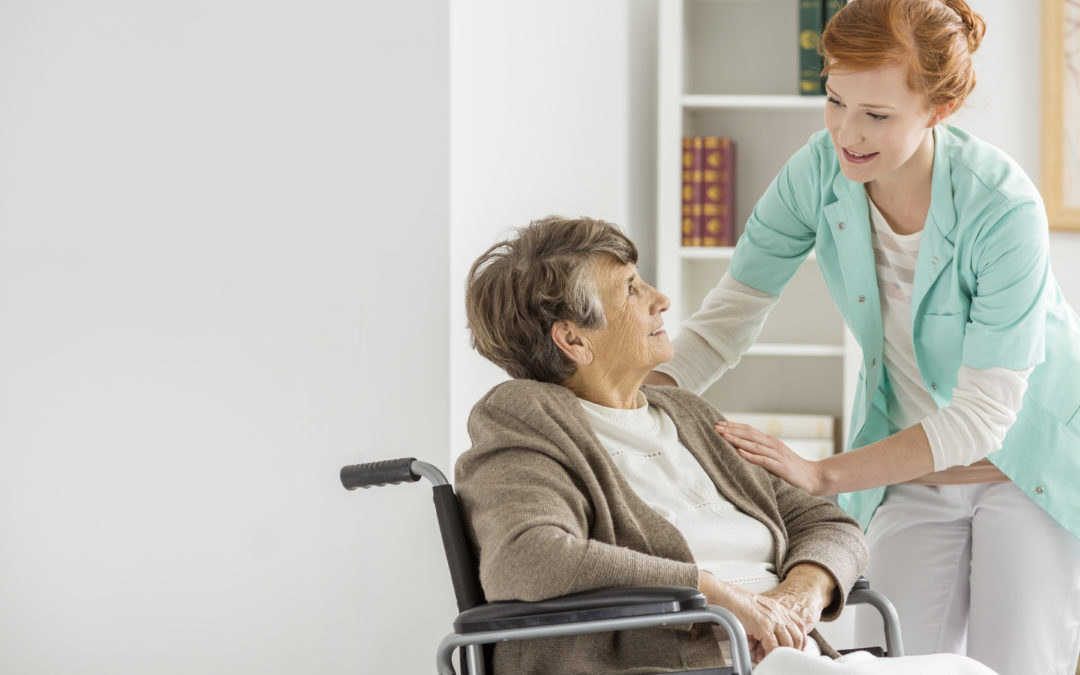Prevention and Treatment Needed for UTIs in Nursing Homes: Although often preventable, urinary tract infections are among the more common nursing home infections for Pennsylvania long-term care residents.
According to an article by Patient Safety, the Pennsylvania Patient Safety Reporting System found an increase in the rate of catheter-associated urinary tract infections (UTIs) in Pennsylvania long-term care facilities between 2016 and 2020, despite reports indicating a downtrend in catheter use during that timeframe. With its findings, the epidemiological study aims to reduce risks for patients prone to nursing home infections such as UTIs and also to promote better practices toward preventing, identifying, and treating them. Urinary tract infections are common occurrences in nursing homes. Like many nursing home infections, UTIs are usually preventable when the right measures are taken; however, due to various factors including nursing home neglect, UTIs do occur among elderly patients in nursing homes. Without swift intervention, a UTI can develop into a serious illness that may have irreversible, or even fatal, results.
Urinary tract infections result from the presence within the system of bacteria that infects and inflames the kidneys, bladder, ureters, and urethra. According to the National Library of Medicine UTIs are the second most frequent nursing home infection; these bacterial infections amount to the most common cause of hospitalization. The increased prevalence of urinary tract infections in nursing homes is due to a number of patient factors, including the following:
- Immune systems may be weakened specifically due to illness or cancer treatments, or generally due to age
- Estrogen loss in senior women impacts protective vaginal bacterial colonization
- Prostate issues in older men leads to urinary issues that trap bacteria
- Dehydration in nursing home patients results in the concentration of bacteria in urine
- Catheter use can lead to the introduction of bacteria into the urethra
The risk factors for nursing home urinary tract infections demand vigilance from nursing home care workers. Mishandling a catheter, disregarding sanitation habits, or otherwise not taking the necessary special care to prevent UTIs for at-risk residents is an example of nursing home neglect. When nursing home urinary tract infections do occur, it is imperative that they are diagnosed early and treated promptly. UTIs that go undetected, whether because of error or because of nursing home neglect, not only leave elderly residents ill and in a lot of pain, but also potentially allow the infection to develop into a more serious illness.
With prevention and treatment needed for UTIs in nursing homes, workers should be watchful of their residents for the signs of a UTI, which might include:
- A powerful urge to urinate with little to no success
- A burning sensation when urinating
- Cloudy, strong-smelling urine
- Any indication of blood in the urine
- Pain in the pelvis
If residents have comorbidities with symptoms that could mask UTI symptoms, or if they have cognitive illnesses that may prevent them from explaining their symptoms, it could be more difficult to recognize the occurrence of a UTI. Undetected nursing home urinary tract infections might advance into the kidneys, at which point other more severe and perilous symptoms may occur, including nausea and vomiting, fever and chills, and pronounced back pain.
Complications stemming from nursing home urinary tract infections can include permanent kidney damage, recurrent infections, the narrowing of the urethra (in males), and sepsis. Sepsis is the body’s reaction to an infection, wherein chemicals are released into the bloodstream, which can lead to organ damage, a perilous drop in blood pressure, and even death from septic shock. It is vital that nursing homes avoid allowing such a drastic development of this illness. With the proper diagnoses and intervention, UTIs can be resolved in as short a time as two days with the proper antibiotics; however, when nursing home neglect occurs, elderly nursing home residents may be left to endure an abrupt change in health.
Working to Protect Your Loved One From Neglect
Pennsylvania and New Jersey nursing homes are required to meet specific health and safety requirements and to provide such care as to secure the physical, mental, and psycho/social well-being of their residents. Should you have concerns about a Philadelphia/PA or NJ nursing home, or if you suspect neglect, abuse, or fraud has occurred at the Pennsylvania, Philadelphia, or New Jersey nursing home where your loved one lives, please contact nursing home abuse attorney Brian P. Murphy to discover your legal rights and options.







